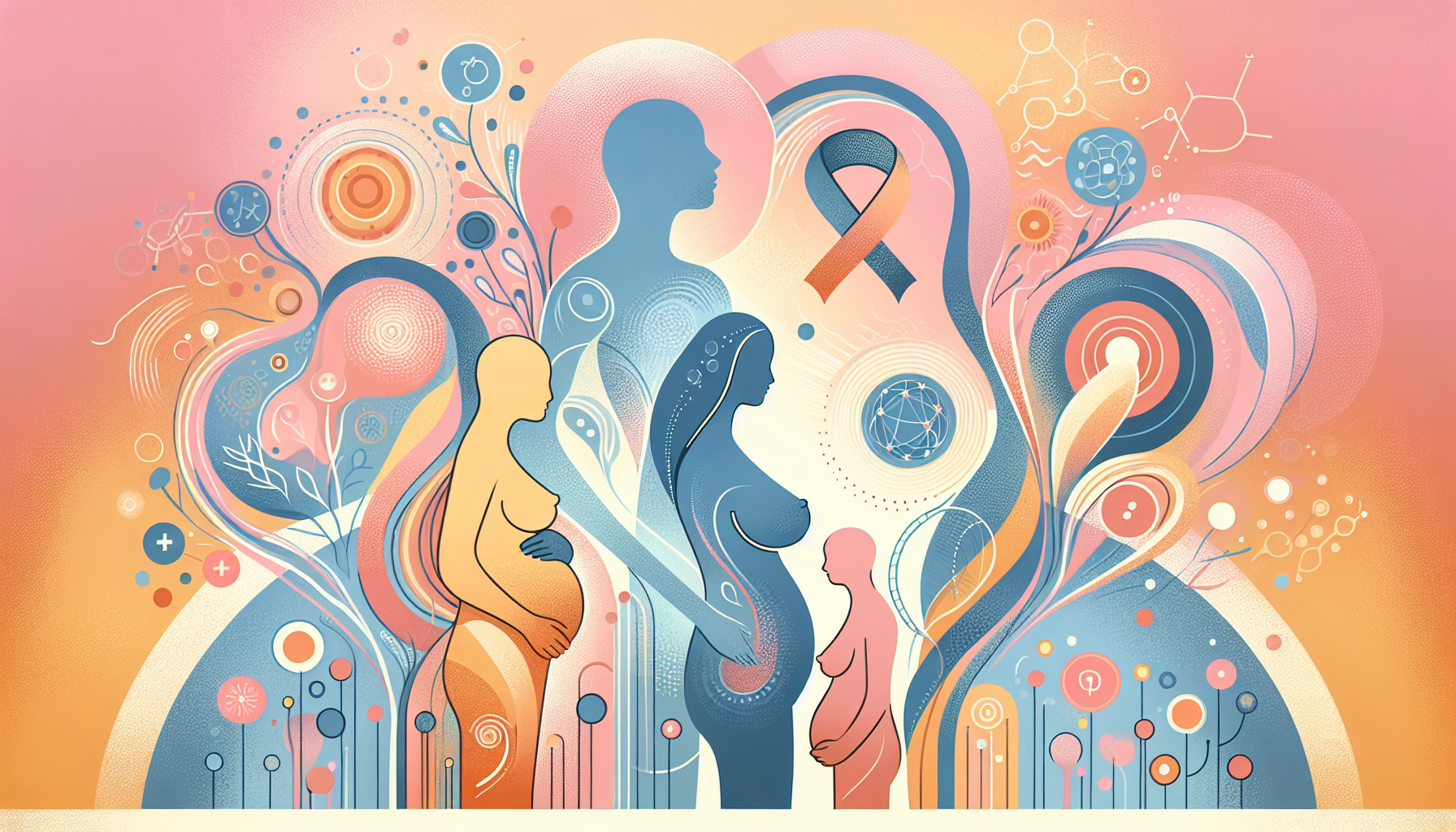While it's rare, some women may develop breast cancer during pregnancy. Although pregnancy doesn't cause breast cancer, hormonal changes can accelerate the growth of existing tumors. Due to the increased density of the breasts during pregnancy, detecting small lumps or masses can be more challenging, leading to larger and more advanced tumors at the time of diagnosis.
The Importance of Regular Prenatal Checkups
To ensure the best possible health for you and your baby, it's crucial to attend regular prenatal checkups with your doctor. During these visits, your doctor may perform breast exams to check for any changes or suspicious symptoms. If a lump is found, your doctor will likely recommend a biopsy to determine if cancer cells are present.
Diagnostic Tools for Breast Cancer During Pregnancy
While mammograms are generally considered safe during pregnancy, they may not be as effective due to the increased breast density. A three-dimensional mammogram may provide better results. Your doctor may also use an ultrasound to assess the extent of the disease and guide the biopsy.
Treatment Options for Breast Cancer During Pregnancy
The treatment plan for breast cancer during pregnancy depends on the stage of the cancer and the trimester of the pregnancy. Surgery, such as a lumpectomy or mastectomy, is generally safe during any trimester. However, radiation therapy is usually postponed until after delivery to avoid harming the baby.
Chemotherapy may be an option after the first trimester, but it carries risks for the baby. In cases of advanced breast cancer, both surgery and chemotherapy may be necessary, increasing the risk to the baby. It's essential to discuss the potential risks and benefits of treatment with your doctor and family to make an informed decision.
Breastfeeding and Breast Cancer
Stopping breastfeeding will not improve your chances of beating breast cancer. In many cases, it's safe to breastfeed when you have breast cancer. However, if you're undergoing chemotherapy, it's best to avoid breastfeeding, as the powerful drugs can pass through your milk to the baby. Consult with your doctor or a lactation counselor to determine the best course of action for you and your baby.
Coping with Breast Cancer During Pregnancy
Receiving a breast cancer diagnosis during pregnancy can be emotionally challenging. It's important to remember that ending the pregnancy will not improve your chances of beating the cancer, and there's no evidence that the cancer directly harms the baby. Seek support from your loved ones, and consider joining a support group for women facing similar challenges.
If you have any concerns about breast cancer during pregnancy, don't hesitate to discuss them with your healthcare provider. They can provide personalized guidance and support throughout your pregnancy and cancer treatment journey.


